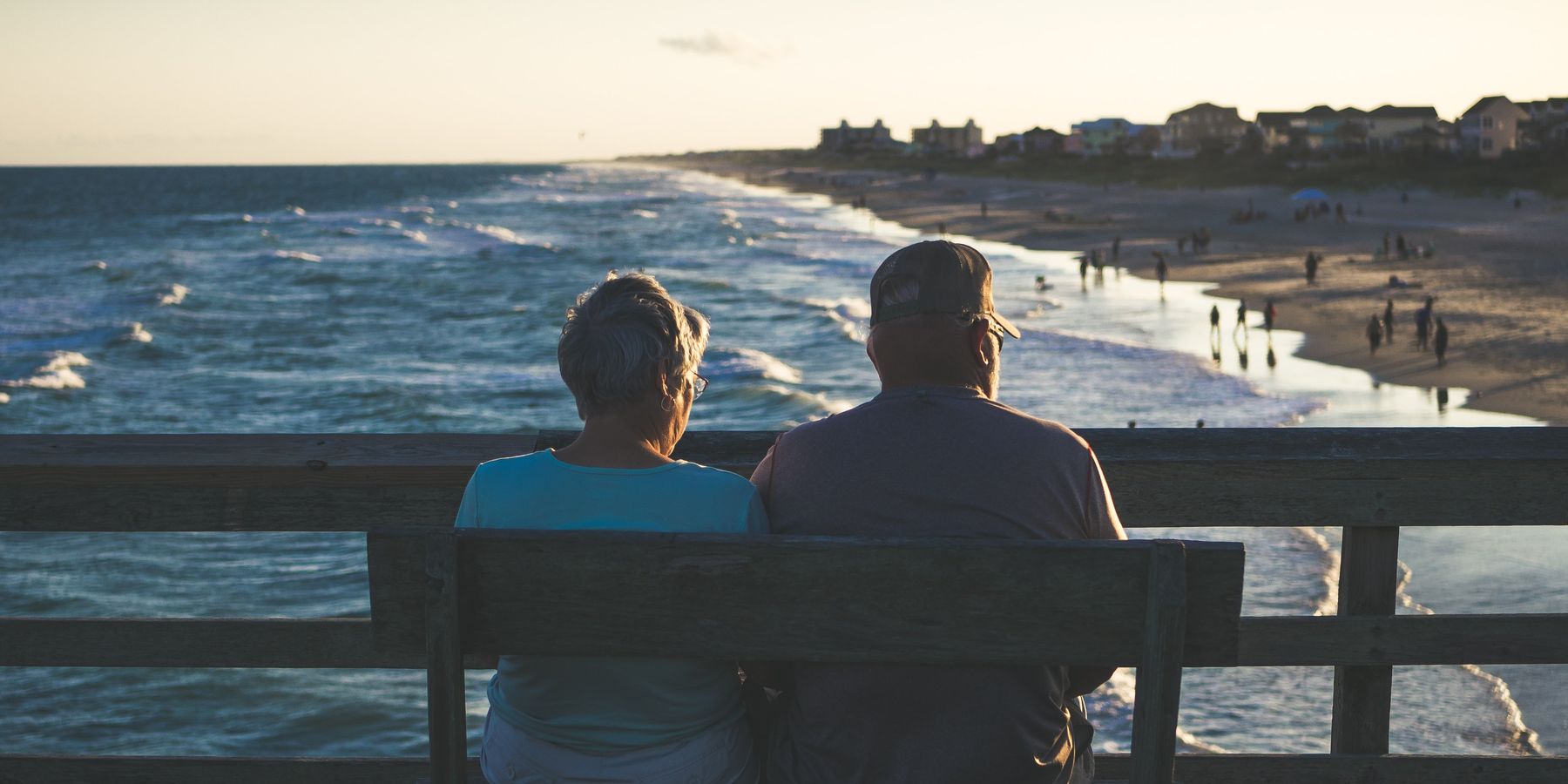
17 October 2023
Climate change and an aging population
New book explores how climate change impacts the elderly in unique ways — and how we can preserve their well-being and include them in solutions.

New book explores how climate change impacts the elderly in unique ways — and how we can preserve their well-being and include them in solutions.
Attorneys from the law firm Paul, Weiss are no longer representing the oil company in at least four lawsuits that ask the fossil fuel industry to pay for climate impacts.
A new report suggests Illinois could be on the hook for plugging and cleaning up thousands of inactive and abandoned oil and gas wells scattered across the state.
One facility has emitted cancer-causing chemicals into waterways at levels up to 520% higher than legal limits.
“They're terrorizing these scientists because they want to keep them silent.”
"The reality is, we are not exposed to one chemical at a time.”
A new report assesses the administration’s progress and makes new recommendations
“We cannot stand by and allow this to happen. We need to hold this administration accountable.”
“The chemical black box” that blankets wildfire-impacted areas is increasingly under scrutiny.